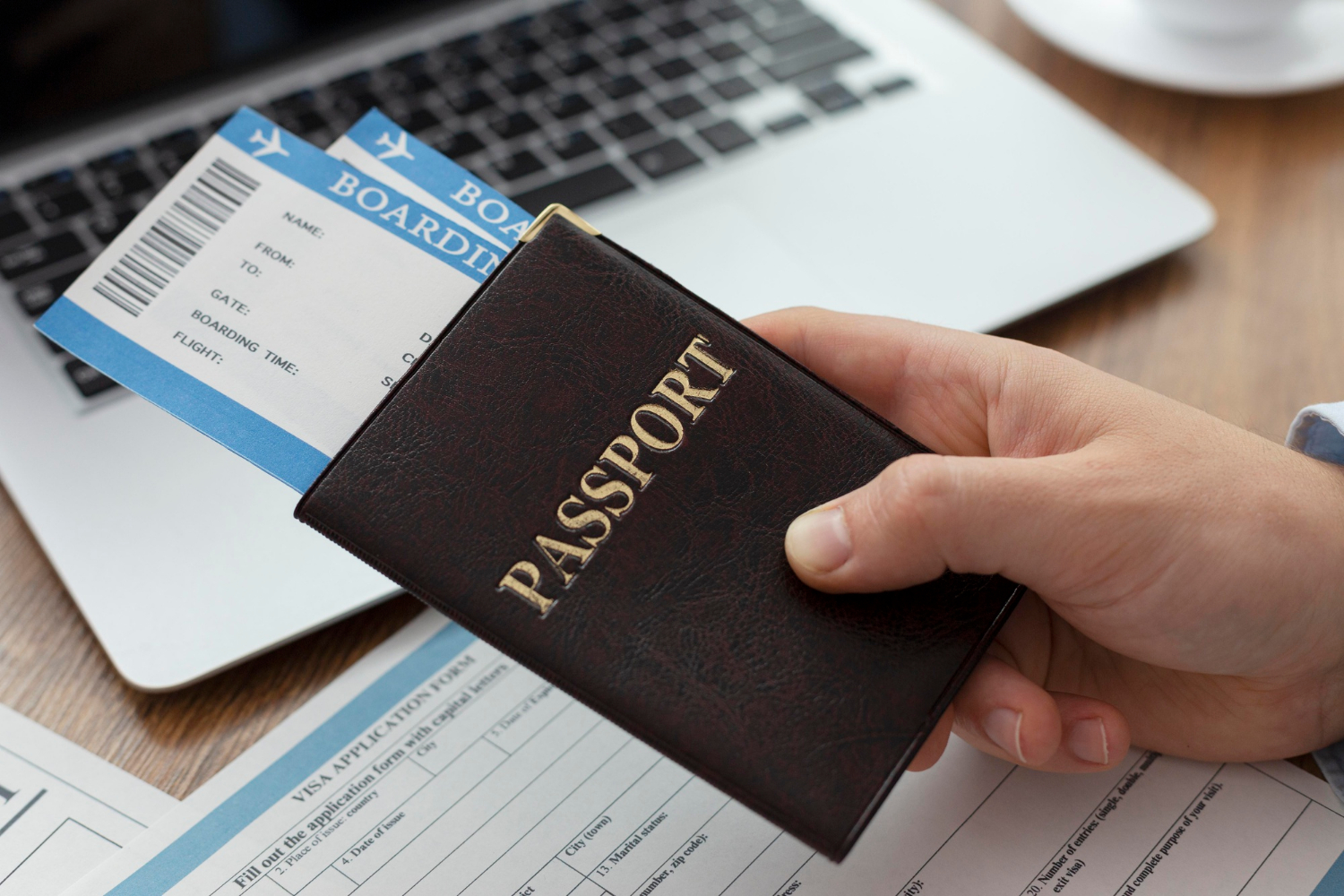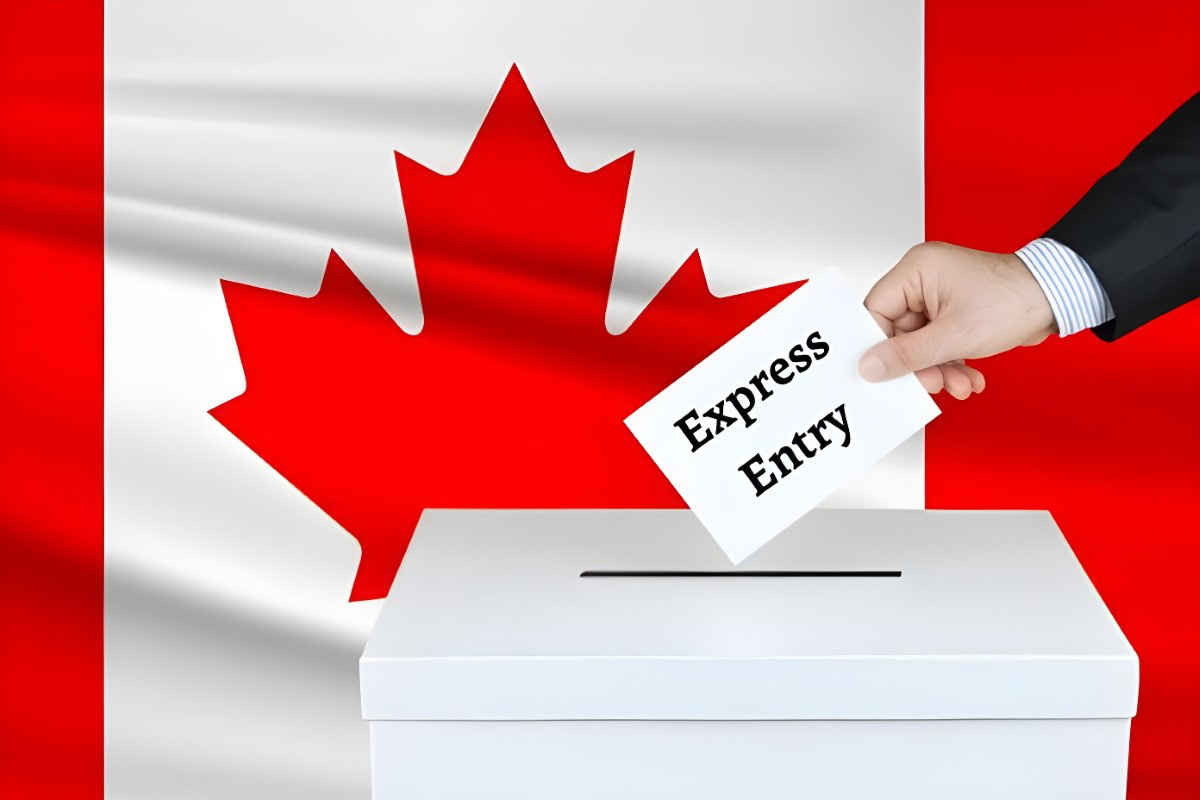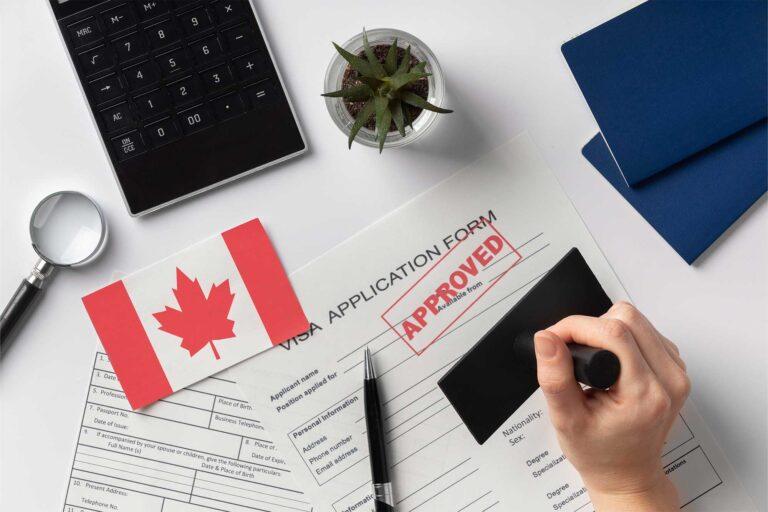Is Canada’s Express Entry System Still Fair? A Closer Look at What’s Broken, And How to Fix It
When Express Entry first launched, it was celebrated as Canada’s revolutionary new gateway for skilled immigrants, streamlined, merit-based, and economic-growth driven. But fast forward to today, and many highly qualified newcomers are starting to question whether the system is truly as fair or functional as it was intended to be.
Express Entry may still be the government’s flagship for skilled immigration, but its rigid design has left some incredibly deserving applicants behind. Even those who’ve done “everything right” in Canada, earned a Canadian degree, worked locally, learned English or French, and obeyed every rule, are still struggling to secure permanent residence. So what’s going wrong?
A System Built on Points, But Not Always on Practicality
At its core, the Express Entry system works by awarding points for age, education, language proficiency, work experience, and adaptability. On paper, it’s a clean, quantitative process. In reality, it often misses the human context, and the potential that can’t always be measured by a score.
Take the example of a 30-year-old graduate who completed a three-year bachelor’s degree in Canada. That alone earns them 112 points. Add strong language proficiency with IELTS scores in the 7–7.5 range? That’s another 115 points. Toss in one year of Canadian work experience, and they now have a respectable 357 points in the “core human capital” category.
Now factor in a spouse with a bachelor’s degree (8 points), similar language scores (18 points), and one year of work experience (5 points), and you’re looking at an extra 31 points from the spousal factors. Add 15 points for skills transferability, and perhaps 50 more if the applicant has a job offer supported by a Labour Market Impact Assessment (LMIA) or exemption. Not that the 50 points has recently been taken away. Meaning, you no longer receive points for having a job offer. That said, IRCC might reinstate the 50 points in the near future.
In this case scenario, the total points are 459. But here’s the catch: the most recent draws for the Canadian Experience Class and general categories are hovering around 500+ points. Which means, despite a solid profile, this applicant may still miss the cut.

Why Are Qualified Candidates Falling Through the Cracks?
This isn’t just about numbers, it’s about outcomes. Right now, Canada has thousands of temporary residents who are educated here, working here, and thriving in Canadian society. And yet, they’re stuck in a holding pattern because the Express Entry cut-off remains out of reach.
The LMIA process, touted as a workaround, is rarely smooth. Employers are often reluctant to participate due to bureaucratic red tape, lengthy timelines, and the added burden of job advertising requirements. Processing alone can take five months or more, and that doesn’t even include the additional wait time for the work permit itself. That delay can stretch into a year or longer, during which time, an applicant’s status might lapse entirely.
So now you’ve got someone who’s studied, paid taxes, worked in-demand jobs, and contributed to Canadian society, potentially at risk of losing legal status through no fault of their own. The question becomes: Should immigration policy penalize someone for not having the “perfect” points profile, even when their real-life contribution is invaluable?
What Could a More Inclusive Express Entry Look Like?
To modernize Express Entry, Canada needs to think beyond its current checklist and start evaluating applicants more holistically. That means shifting the focus from only age and IELTS scores to also include things like:
- Regional intent: Are they planning to settle in an area facing labor shortages or population decline?
- Community ties: Do they have strong family or social connections in Canada that support long-term integration?
- In-demand job sectors: Are they already working or trained in industries where employers are desperate for skilled labor?
For example, awarding more points to applicants who intend to settle in smaller cities or rural communities could help address Canada’s housing crisis and encourage economic growth outside major hubs like Toronto or Vancouver. This approach aligns immigration with real-world needs, rather than just numbers on a spreadsheet.
The Cost of Ignoring Human Potential
Canada’s current approach risks turning its back on the very individuals who have already proven their ability to thrive here. The country needs immigrants not just for their economic output, but for their role in strengthening communities, raising families, and building Canada’s future.
The longer we cling to a narrow definition of “qualified,” the more talent we lose to burnout, legal limbo, or other countries with more accessible immigration systems. And make no mistake, these aren’t unskilled or unprepared applicants. These are people who’ve invested in Canada, in good faith, and now face roadblocks that feel deeply unfair.
What Needs to Change?
It’s time for a more responsive, regional, and human-centered immigration strategy. Express Entry should evolve to:
- Recognize diverse contributions beyond test scores
- Reward applicants who are willing to settle in underserved regions
- Account for labor market demands and sector-specific shortages
- Offer more accessible pathways to those already living and contributing in Canada
At Akrami & Associates, we believe that immigration isn’t just about policy, it’s about people. If you’re stuck in the system, uncertain about your future, or facing challenges with your points profile, there are still options available. Whether it’s Provincial Nominee (PNP) programs, LMIAs, or customized immigration strategies, we can help you explore every possible pathway.

Step-by-Step Guide to Applying Through Express Entry
Step 1: Check Your Eligibility
Before anything else, determine if you meet the eligibility criteria for one of the three Express Entry streams:
- Canadian Experience Class (CEC): For those with Canadian work experience.
- Federal Skilled Worker (FSW): For applicants with foreign work experience and education.
- Federal Skilled Trades (FST): For applicants with experience in a designated skilled trade.
You’ll need to meet minimum requirements in language ability, work experience, and education. Using Canada’s official eligibility tool can help you assess your standing, but speaking with a professional ensures no blind spots.
Step 2: Get Your Documents Ready
Start gathering the required documents early. Some can take weeks or even months to get. The essentials usually include:
- Language test results (IELTS or CELPIP for English; TEF or TCF for French)
- Educational Credential Assessment (ECA) if your education was completed outside Canada
- Valid passport
- Proof of work experience
- Job offer (if you have one)
- Proof of funds (unless applying under CEC or with a valid job offer)
Step 3: Create an Express Entry Profile
Once you’re eligible and have your documents ready, create an online profile through the IRCC website. This profile includes details about your age, education, language ability, work history, and other factors.
After submission, you’ll be entered into the Express Entry pool and receive a Comprehensive Ranking System (CRS) score based on your information.
Step 4: Wait for an Invitation to Apply (ITA)
This is where patience becomes important. Every few weeks, IRCC conducts Express Entry draws, inviting candidates with the highest CRS scores to apply for permanent residence. The score needed to receive an ITA can vary depending on the draw type (general, program-specific, or targeted by occupation or language).
If you receive an ITA, congratulations! You’ll have 60 days to submit your complete application.
Step 5: Submit Your PR Application
Once invited, it’s time to upload your documents and pay the required fees (processing + right of permanent residence fee). Your application should include:
- Police clearance certificates
- Medical examination results from a panel physician
- Digital photos
- Employment reference letters
- Travel history and background declarations
Accuracy and honesty are crucial. Even a small inconsistency can delay or jeopardize your application.
Step 6: Wait for Processing
The standard processing time for most Express Entry applications is 6-12 months or less from the date your complete application is submitted. During this time, IRCC may request additional documents or clarifications. You’ll receive updates through your online account.
Step 7: Receive Confirmation of Permanent Residence (COPR)
If your application is approved, you’ll receive a Confirmation of Permanent Residence (COPR) and, if you’re outside Canada, a permanent resident visa in your passport.
If you’re already in Canada, you may receive instructions for an in-person or virtual landing.
Step 8: Land and Get Your PR Card
After landing, you officially become a Canadian permanent resident. Your PR card will be mailed to your Canadian address in the weeks following your landing.
Be sure to keep records of your travel and time in Canada moving forward, this will be important for future PR renewals or citizenship.
Related Immigration Pathways
Express Entry (CEC, FSW, FST)
Canada’s flagship system for skilled immigration, now evolving with targeted draws and sector-specific criteria.
Provincial Nominee Programs (PNPs)
These offer a second chance for applicants who don’t meet federal cut-offs but can meet regional demands, especially outside the GTA.
Rural and Northern Immigration Pilot (RNIP)
Ideal for those open to settling in smaller communities; gives local employers a voice in immigration and boosts regional growth.
Atlantic Immigration Program (AIP)
Targets four Atlantic provinces and offers fast-track permanent residency for qualified workers and graduates.
How We Can Help
At Akrami & Associates, we’ve helped thousands of clients navigate Express Entry, PNPs, and LMIAs. If you feel like the system is stacked against you, even after doing everything “by the book”, we’ll help build a personalized roadmap tailored to your goals. Our team knows what the system doesn’t always capture, and we know how to make your case stand out.
FAQs
- Is Express Entry my only option for PR?
No. You may also qualify under PNPs, AIP, RNIP, or family sponsorship depending on your circumstances. - Can I boost my CRS score without an LMIA?
Yes, completing another educational credential, improving your IELTS score, or receiving a provincial nomination can all increase your score. - Why are Express Entry scores so high right now?
Canada is conducting targeted draws and prioritizing sectors like healthcare, STEM, and trades. General draws remain competitive. - What’s the processing time for LMIA and work permits?
LMIAs typically take 5–6 months, not including work permit processing which can add another few months. - Can Akrami help if my application has already been refused?
Absolutely. We handle refusals, appeals, and complex files regularly. Book a consultation to explore your options.
Latest Immigrations News

December 5, 2025
THE ULTIMATE GUIDE TO HUMANITARIAN & COMPASSIONATE (H&C) APPLICATIONS IN CANADA
THE ULTIMATE GUIDE TO HUMANITARIAN & COMPASSIONATE (H&C) APPLICATIONS IN CANADA Understanding When, Why, and How to Apply for Permanent Residence on Humanitarian Grounds What Is an H&C Application? A Humanitarian and Compassionate (H&C) application is a last-resort pathway for individuals who are in Canada and do not [...]

September 11, 2025
Canada Super Visa: Step-by-Step Guide for Parents and Grandparents
For many Canadian citizens and permanent residents, bringing parents or grandparents to Canada for extended visits is more than just a wish, it’s a heartfelt need. While most people first consider the traditional visitor visa, there is another option designed specifically for family reunification: Super Visa applications. [...]

August 23, 2025
Intra-Company Transfer (ICT) Work Permit, Your Complete Guide to Working in Canada
For multinational companies, moving key talent across borders is often essential for growth and operational success. The Intra-Company Transfer (ICT) Work Permit provides a streamlined pathway to bring experienced employees to Canada without the time-consuming Labour Market Impact Assessment (LMIA) process. For foreign professionals, it’s more than [...]

Book a Conslutation
One of our Representatives will
assist you with your matter. Book Now!
Click here

Call us for
more Information
+1-416-477-2545
Toll Free: 1-877-820-7121
Click here

Write Us (Online Form)
Complete our form and one of our
Representatives will contact you.
Click here
Subscribe To Our Newsletter





